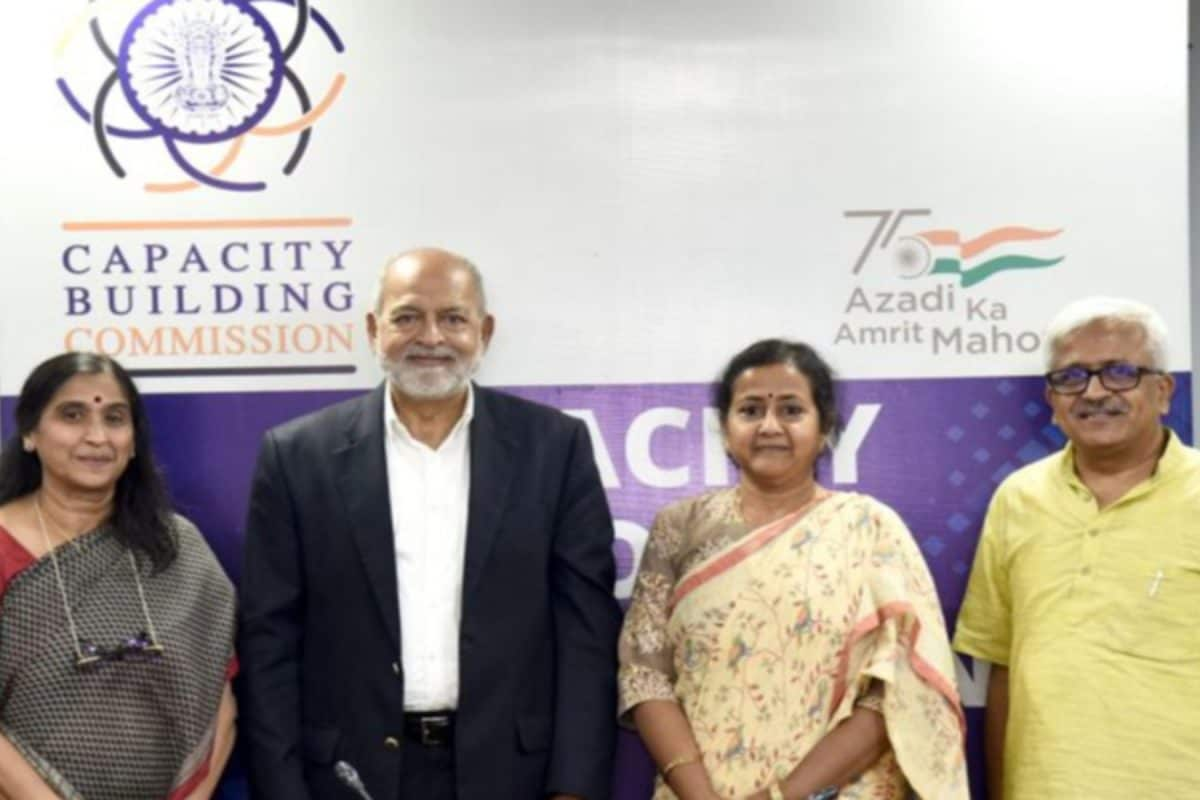

Adil Zainulbhai, former Chairman of McKinsey India, recently concluded his four-year tenure as the chief of the Capacity Building Commission (CBC), an entity established by the Indian government to enhance the capabilities of civil servants. In a recent interview, Zainulbhai reflected on his experience, highlighting the pivotal role Prime Minister Narendra Modi played in driving the commission's agenda and ensuring its objectives were met.
Zainulbhai, a respected figure in the world of management consulting, retired as Chairman of McKinsey & Co., India, after a distinguished 34-year career. Before returning to India in 2004, he spearheaded McKinsey & Co.'s Washington office and established its Minneapolis office, offering counsel to clients across diverse sectors such as telecommunications, consumer electronics, energy, banking, infrastructure, and healthcare.
In 2014, Prime Minister Modi nominated Zainulbhai as the Chairman of the Quality Council of India (QCI), an organization that promotes quality standards across various sectors, including education, healthcare, environment, infrastructure, governance, and social sectors. This appointment aligned with Modi's vision of establishing "Made in India" as a globally recognized and trusted brand, characterized by products and services that adhere to high standards of "zero defect with zero effect" and minimize environmental impact.
Zainulbhai's association with the government continued with his appointment as the Chairman of the Capacity Building Commission (CBC) in April 2021. The CBC was created as part of "Mission Karmayogi," a program aimed at improving the efficiency and accountability of civil services in India. The commission plays a key role in upgrading central training institutions, assisting ministries in developing capability-building plans, and producing an annual civil services report.
According to Zainulbhai, Prime Minister Modi's emphasis on efficient execution was instrumental in the CBC's achievements. He noted that the Prime Minister's clear directives and focus on outcomes created a sense of urgency and purpose within the commission, pushing members to "get things done". This hands-on approach from the Prime Minister ensured that the CBC remained aligned with the government's broader objectives and that its initiatives were implemented effectively.
Under Zainulbhai's leadership, the CBC undertook several initiatives to enhance the skills and knowledge of civil servants. These included recommending courses and webinars on various subjects, such as artificial intelligence, semiconductors, and stress management. A particularly popular course focused on "Viksit Bharat," aimed at ensuring that civil servants understood the Prime Minister's vision for a developed India.
The CBC also collaborated with various government departments, including the Railways, to train employees in citizen-centric approaches. Furthermore, the commission worked to upgrade the 750 central training institutions and assist ministries in developing capability-building plans.
With the conclusion of his tenure on July 31, 2025, Zainulbhai is expected to continue contributing to India's development through his involvement in various organizations and initiatives. He serves on the boards of major companies like Reliance Industries, Larsen & Toubro, and Cipla, and chairs the Board of Governors at IIT Ropar. His experience and insights will undoubtedly be valuable as India continues its journey of growth and transformation.